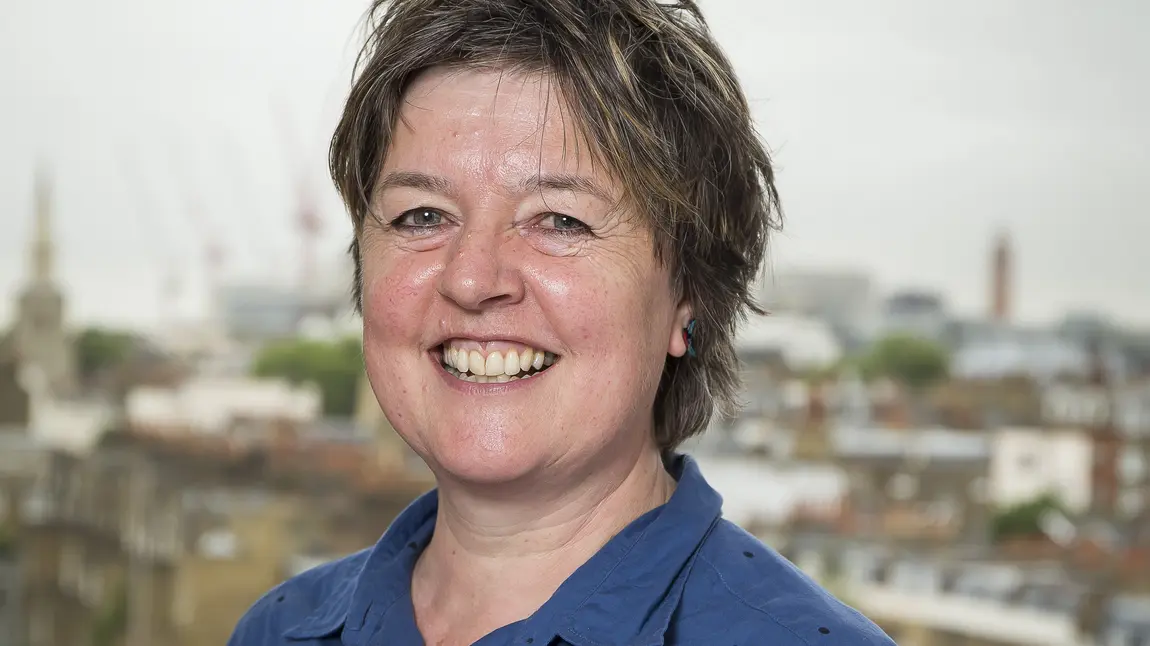LGBTQ+ histories: where do you feel safe to be yourself?

Page last updated: 8 July 2022
At HLF we are keen to highlight differing experiences of heritage through local places. Sharing the memories and stories of people who shaped our world is as important as physical sites, helping us all imagine different lives and histories and learn more about each other.
Examining social attitudes
Whether we consider our neighbourhood, a local park or nearest town as safe can depend on our personal experiences. The places that feel safe for some people can change if you identify as being LGBTQ+, depending on factors including our personal experiences of the environment around us.
Discussing how past social attitudes inform how we think about our contemporary world is fascinating and complex.
Geography: Mapping the World
Throughout February HLF is celebrating LGBTQ+ History Month and its theme: 'Geography: Mapping the World'. Two projects we have supported explore the personal mapping of experience while building our public knowledge. These very different projects explore rural and urban, local and international experiences of LGBTQ+ people, past and present.
Sharing histories
As part of the National Trust's core purpose of being ‘forever for everyone’, the Prejudice and Pride programme is sharing the histories of LGBTQ+ people at a range of National Trust properties, including Kent’s Knole, home to the Sackville-West family for over 400 years, including Eddy Sackville-West in the early 20th century.
Eddy Sackville-West's story at Knole
Following an HLF grant, the new Gatehouse Tower content focuses on Eddy’s friendships, relationships and experiences including his travels in Germany. While enjoying the creative and cultural life of 1920s Germany, later and within darker times, Eddy visited the Freiburg clinic in Germany, attempting to find a ‘cure’ for his homosexuality.
Reflecting on his skills as a novelist, musician and music critic, his bedroom and music room have now been restored to contain the books, photographs and music records that bring his personality and place in social history alive.
The Gatehouse Tower has opened up a completely different type of history to our visitors.
Hannah Kay, General Manager at Knole
I spoke to Hannah Kay, Knole’s General Manager, to hear what she and her team have been doing to share the LGBTQ+ histories of Knole’s Gatehouse Tower which was home to Eddy Sackville-West. She said: “The Prejudice and Pride programme has been extremely important to us at Knole in telling a fuller, more fascinating picture of Eddy Sackville-West’s life and adding a new layer of understanding.
"The Gatehouse Tower has opened up a completely different type of history to our visitors. This has given us the opportunity to show the personal history, the character, lifestyle and the personality of Eddy within his home life at the Gatehouse Tower.
"It was really good for us as heritage professionals to be able to tell a different type of story, using a biographical approach. This has been a real joy.”
The displays have been very well received by visitors, with comments including: “Thank you for acknowledging our existence. It means a lot… We have always been here. Thank you for not hiding us away.”
“The tower was amazing. Loved the photos, quotes on the wall and the general room dressing. You felt Eddy was potentially around every corner!”
"The Tower is a magic evocation of the 1930s."
Islington's Pride: the last 40 years
Meanwhile in North London, Islington’s Pride: the LGBTQ+ Archive is mapping histories from the last 40 years. Stories of activism, health and other experiences of LGBTQ+ people in North London are informing the development of an archive to be held in Islington Heritage Services and a Digital Landscape trail.
This trail will go live towards the end of 2018, allowing people to find sites of past events, including the first public gay rights protest in 1970, the election of Chris Smith as the first openly gay MP, the feminist bookshop Sisterwrite and of the trans support group TV/TS .
Central to the success of the project are opportunities to bring people together with very different memories and experiences of North London and LGBTQ+ communities. These include members of Unique, the LGBTQ+ disability network, people attending transgender clubs in the 1980s and campaigners for improved health care during the AIDS crisis.
Documenting LGBTQ+ social history
Badges, jewellery, diaries, club flyers, clothes and much more have all been generously shared by LGBTQ+ individuals and communities.
Through connecting with London Metropolitan Archive and heritage staff across Islington, this variety of objects and ephemera documenting LGBTQ+ life over the last 40 years will be archived, conserved and shared with future generations.
Multi-disciplinary learning
All these histories, objects and memories are of huge importance for LGBTQ+ communities, the families and friends of LGBTQ+ people and anyone interested in equality and social justice. The archive and trail will involve a range of people, including school groups, in multi-disciplinary learning across the arts and history in building identity and inclusion.
You might also be interested in...



